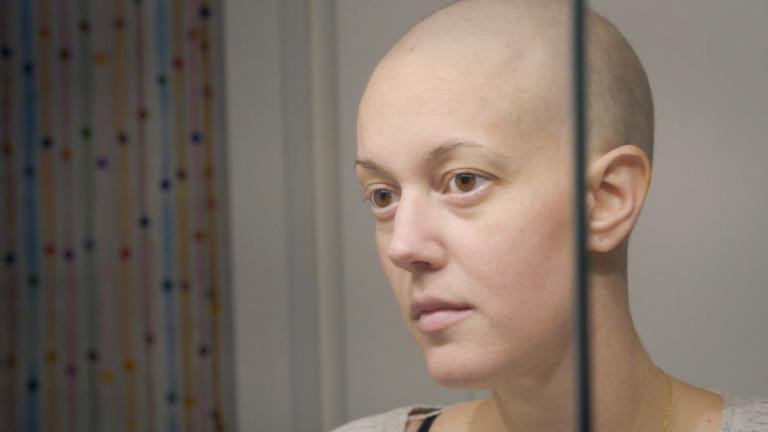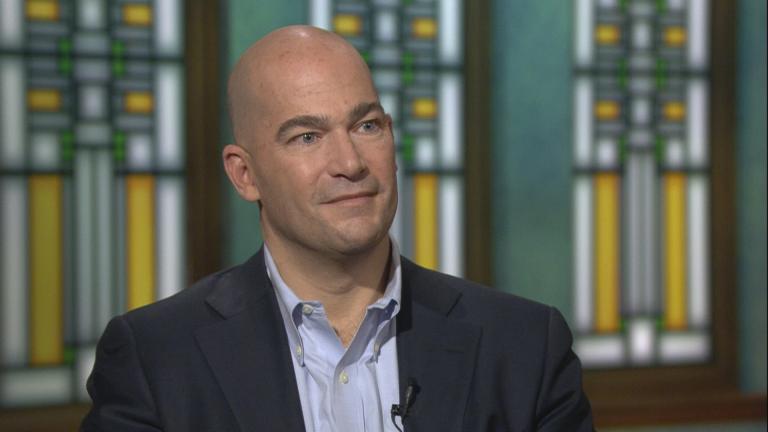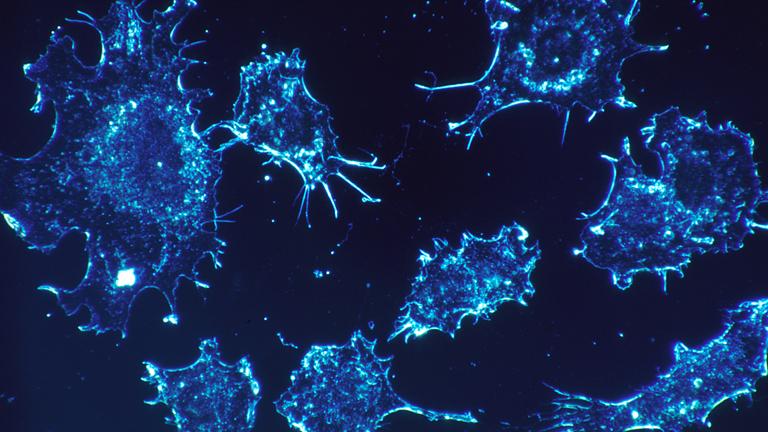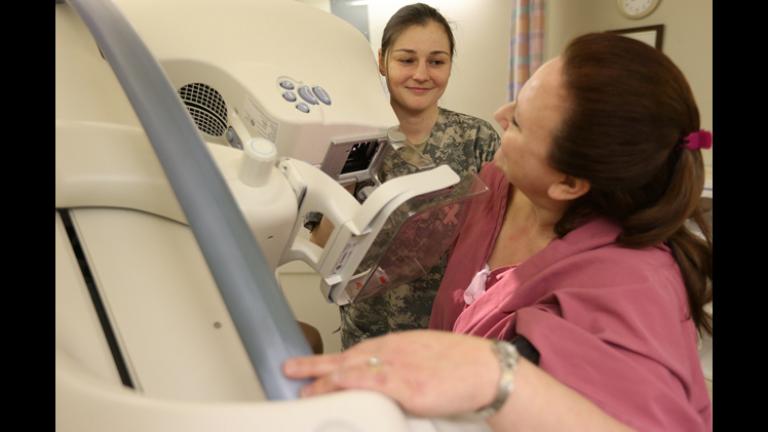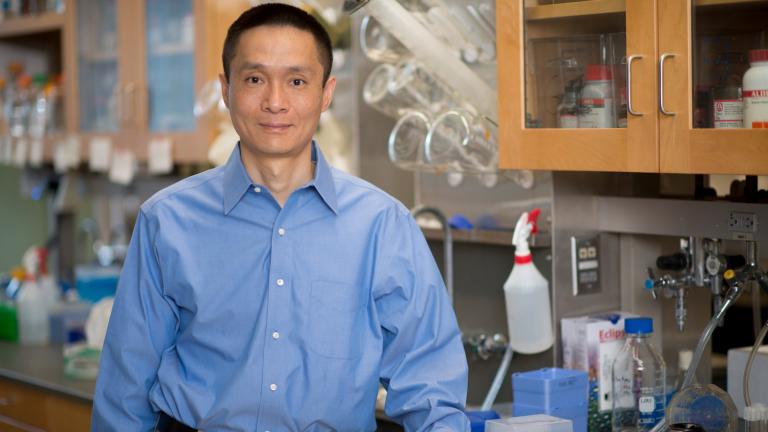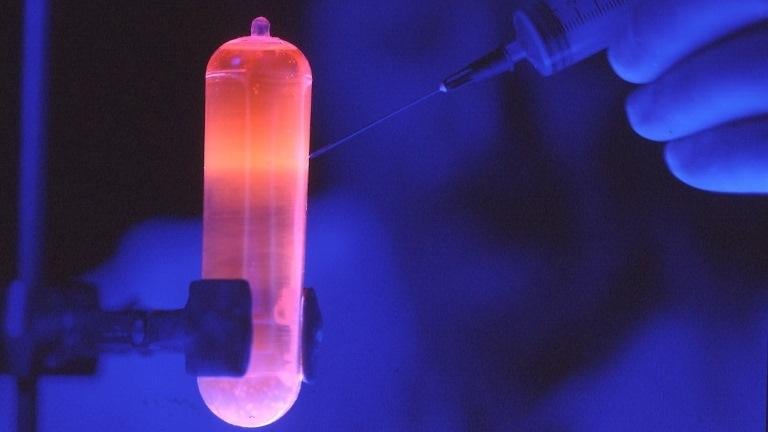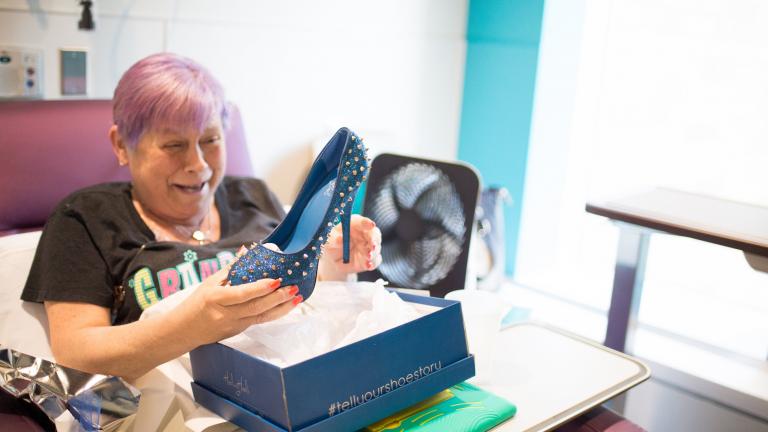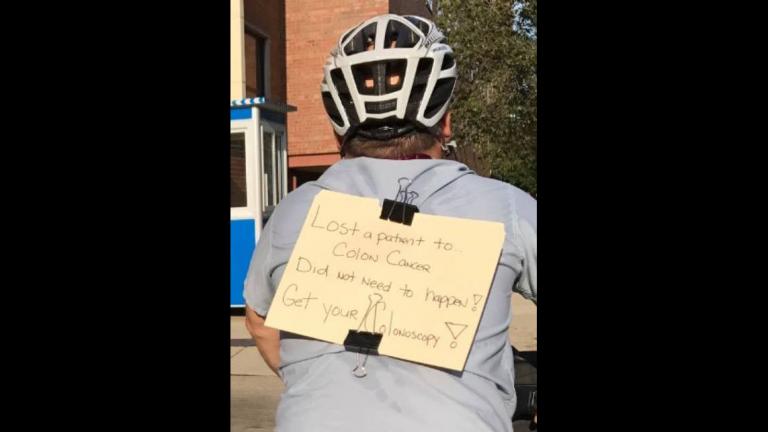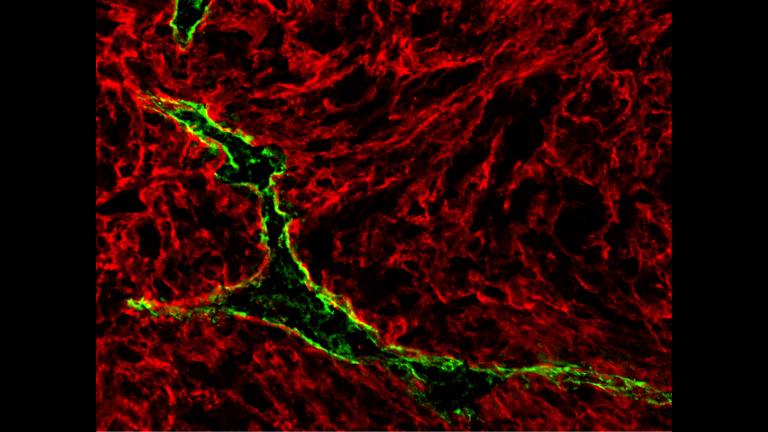A newly identified compound that acts like a “dirty time bomb” against metastasizing cells “could potentially result in a better outcome” for some patients, said Dr. Sui Huang of Northwestern University.
Cancer
Grace Lombardo never thought she’d get a tattoo, but then she got breast cancer. Her story of survival and recovery is told in a new documentary.
What it’s like to practice medicine in Jerusalem, one of the most religiously and politically complicated cities on Earth. A discussion with Dr. Elisha Waldman about his new memoir.
People with Huntington’s disease, a fatal genetic illness, are less likely to develop cancer than the general population. Now, scientists have a better understanding as to why, thanks to the discovery of an “assassin molecule” by Northwestern University.
Identical bills introduced in the Illinois House and Senate would mandate that mammogram providers notify women whose test results show they have dense breast tissue, a risk factor for breast cancer.
Glenview resident Patti Beyer is advocating for a state law that would require mammography reports to inform women if they have dense breast tissue, a risk factor for cancer. “It’s already in the mammography report to the doctor but unless the doctor tells you, it’s kept from you,” she said.
The biennial award is bestowed upon three promising researchers under the age of 45 making significant contributions to understanding the disease or improving treatments.
Northwestern University scientists believe they may have found the “Achilles’ heel” of cancer. In a recent study, researchers were able to almost completely eradicate the disease in laboratory cell cultures.
“Our research may be tapping into one of nature’s original kill switches, and we hope the impact will affect many cancers,” said Northwestern scientist Marcus Peter. “Our findings could be disruptive.”
One woman’s “chemo shoes” inspired two friends to create a Chicago-based shoe and apparel company designed to empower women battling cancer.
After losing a patient to colon cancer, a local doctor strapped a sign to his back urging people to get screened for the disease. The reaction to his unusual move was instant – and widespread.
University of Chicago researchers have discovered that lymphatic vessels, which are often blamed for enabling cancer to spread, can also boost a type of cancer treatment.
Everyone who has been touched by cancer has a story to tell. Through Brushes with Cancer, artists find inspiration from those stories to create reflective works of art.
Meet the Chicago physician who writes about her personal experiences dealing with breast cancer.
While Illinois was lauded in a new report for its smoke-free laws and rules on indoor tanning devices, the state is “exceptionally” far behind on comprehensive tobacco-control programs, according to a national cancer advocacy organization.
For black women in Chicago, a breast cancer diagnosis in 2003 meant you were 68 percent more likely to die from the disease than a white woman. A new study shows that gap is closing.


